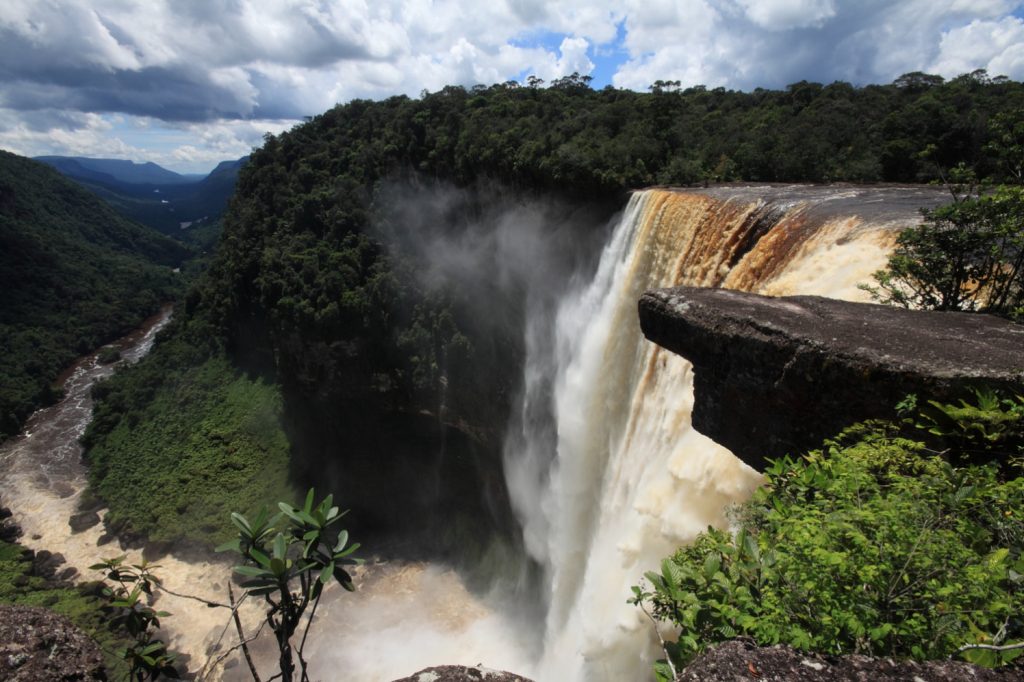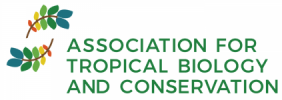
Deadline: January 31, 2017.
James Tumulty, a Ph.D. candidate in the Department of Ecology Evolution and Behavior at the University of Minnesota, is looking to recruit field assistants for acoustic communication research on golden rocket frogs in Kaieteur National Park in Guyana. This project will test hypotheses about how male golden rocket frogs learn to recognize the calls of their neighbors, and how this behavior evolved (see RESEARCH page for some more information).
When: approximately three months of field research from May through July, 2017. The work in the field every morning for approximately 4-5 hours.
What: Field assistants will participate in ongoing research on acoustic communication and social recognition behavior in golden rocket frogs. We will be monitoring and observing territorial and reproductive behavior in these frogs using mark-recapture surveys. We will be conducting acoustic playback experiments in which we broadcast frog calls to territorial males and quantify their aggressive responses to these playbacks. Successful experiments require quiet and careful observations of these very small frogs (16-18mm).

 Kaieteur Falls, Guyana
Kaieteur Falls, GuyanaWho: Field assistants who have some experience doing animal behavior or ecological research, preferably someone who also has some international travel experience. Preference will be given to applicants with experience doing field work and/or backpacking and camping. A requirement is that you have to enjoy being outside! Field assistants should also have good attention to detail and some experience collecting and analyzing data. This is a great experience for people who are interested in going to graduate school and you will be invited to participate in all aspects of the research including data analysis, writing, and publication.
Funding: There is funding to completely cover the costs of your travel, lodging, and food for the duration of the stay at the park. There is no salary.
Field and Living Conditions: Kaieteur National Park is an extremely remote location; there are no roads into or out of the park (we fly in on a small plane), and no nearby towns, restaurants, or grocery stores. There is no air conditioning, no cell phone service, and no internet. The only means of communication to outside of the park is a single land-line phone at the park headquarters. You will be sleeping under mosquito nets in a very small guesthouse and will be probably be sharing a room with another field assistant. We have to cook all our own meals from ingredients that we will bring out the park with us. Your only human contact during this time will be me and possibly another field assistant, the rangers who work at the park, and the occasional tourist who stays at the guesthouse. In the field you will get rained on, muddy, bitten by mosquitoes and ants, and run across the occasional fer-de-lance (the resident pit viper). You will spend the entire three-month field season living in these conditions, and we will not leave the park during this time other than in the case of an emergency. I am providing all of this information because I want applicants to be totally clear on what they are getting themselves into. If this level of solitude and “roughing it” appeals to you, great! Submit an application!
How to apply: Email applications to james.tumulty(at)gmail.com with the subject line “Kaieteur Field Assistant Application”. Applications should include:
- A short (1-2 page) description your previous research and/or travel experience, interests, and why you would like to work on this project.
- A CV or Resume including education, relevant coursework, and research experience.
Submit applications by January 31, 2017.
Feel free to email JAMES TUMULTY at james.tumulty(at)gmail.com with any questions.



